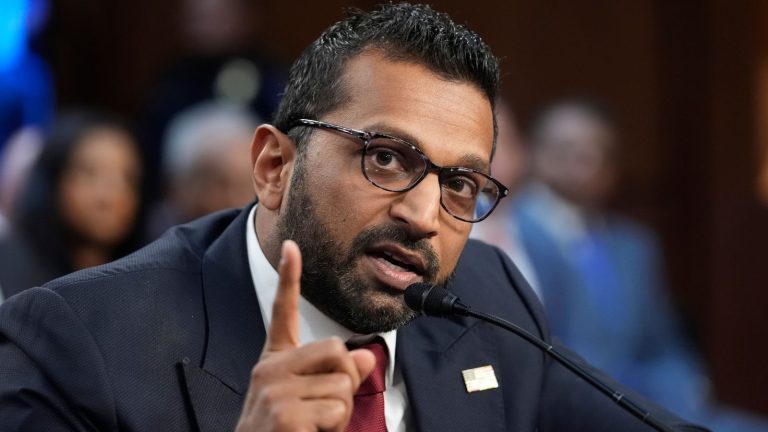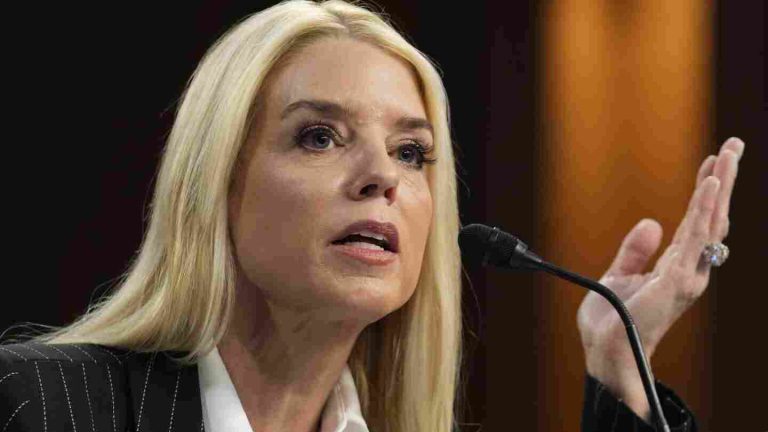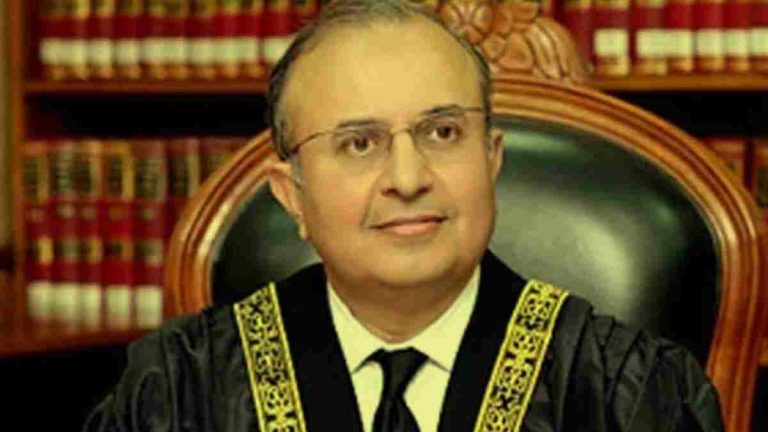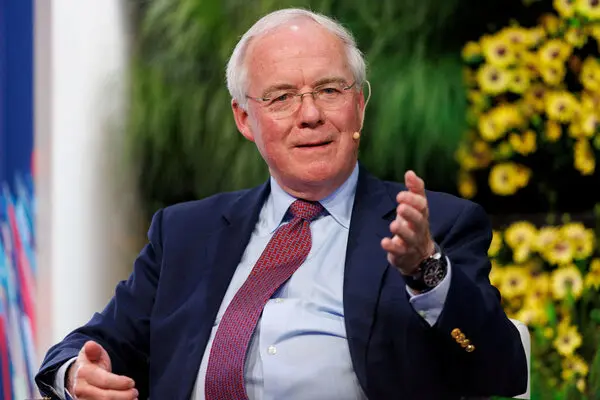CDU/CSU (Christian Democratic Union / Christian Social Union)
CDU/CSU (Christian Democratic Union / Christian Social Union)
- Political Position: Center-right to right-wing
- CDU (Christian Democratic Union) operates mainly in the western part of Germany, while the CSU (Christian Social Union) is active only in Bavaria.
- The two parties are united under the same banner, but they occasionally differ in policy on regional matters.
- Migration Policy:
- The CDU/CSU coalition traditionally supports controlled immigration. Their approach focuses on integration and security while emphasizing that migration should be limited based on Germany’s ability to absorb newcomers.
- They advocate for a points-based immigration system, a higher focus on the skilled workforce, and border security.
- They also call for strengthening the EU’s external borders to prevent illegal immigration and more stringent controls on asylum applications.
- Key Leader:
- CDU Leader (as of 2025): Friedrich Merz (chairman of CDU).
- CSU Leader: Markus Söder (Minister-President of Bavaria).
2. SPD (Social Democratic Party of Germany)
- Political Position: Center-left
- The SPD is one of the oldest and most significant parties in Germany. Traditionally aligned with labor and social welfare policies, it leans toward progressive policies on welfare, climate, and migration.
- Migration Policy:
- The SPD advocates for humanitarian immigration policies, promoting inclusive integration and recognizing the need for immigrants to fill labor shortages.
- They support policies that grant asylum to those in need and offer opportunities for refugees and asylum seekers.
- The SPD pushes for stronger EU-wide migration policies that ensure equal treatment and responsibilities across member states.
- Key Leader:
- SPD Leader: Lars Klingbeil (as of 2025).
3. AFD (Alternative for Germany)
- Political Position: Right-wing to far-right
- The AFD is an ultra-nationalist, anti-immigration party with a strong opposition to the European Union.
- It advocates for a nationalist agenda, with policies that often focus on Germany first, limiting immigration, and reducing the influence of EU laws.
- Migration Policy:
- The AFD takes a hardline stance against immigration, especially Islamic migration, and seeks to drastically reduce the number of asylum seekers entering Germany.
- They demand stricter border controls and the rejection of refugees from certain regions, arguing that immigration threatens German culture and security.
- The AFD pushes for a ban on immigration from Muslim-majority countries and believes that Germany’s culture should not be compromised.
- Key Leader:
- AFD Leader: Tino Chrupalla (as of 2025).
4. Coalition Parties in Germany: Current Situation
- Government Coalition (2025):
- SPD is currently part of a three-party coalition known as the “traffic light coalition”, alongside the Greens and the FDP (Free Democratic Party).
- SPD holds the Chancellery with Olaf Scholz as Chancellor.
- Migration Policy of the Coalition:
- The coalition parties generally agree on humanitarian treatment of refugees and shared responsibility across the EU for asylum seekers.
- There’s an emphasis on integrating refugees into the labor market and providing opportunities for skilled workers to immigrate to Germany, but at the same time, the coalition is also working to improve border security.
5. Policy Overview Comparison:
| Party | Position on Immigration | Key Focus Areas |
|---|---|---|
| CDU/CSU | Controlled immigration, focus on security, skilled workforce, integration | Strong border security, EU cooperation |
| SPD | Humanitarian, inclusive integration, EU-wide cooperation | Refugee rights, labor shortages, skilled migration |
| AFD | Hardline anti-immigration, nationalist | Reduction of asylum seekers, rejection of refugees, border control |
| Greens | Progressive, focus on humanitarianism and integration | Human rights for refugees, climate migration policies |
| FDP | Focus on skilled migration, free movement, and border security | Economic-driven immigration policies |
6. Key Points on Migration Policy:
- Germany’s migration policies are shaped by balancing humanitarian concerns and national security.
- The CDU/CSU push for stricter control and regulation of migration, focusing on integration for those who are allowed in, while ensuring that security is prioritized.
- The SPD and Greens lean more toward human rights-based policies and integration measures, but with pragmatic approaches to dealing with labor shortages through immigration.
- The AFD, on the other hand, takes an exclusionary approach, demanding restrictions and tougher stances against asylum seekers and refugees, particularly from Muslim-majority regions.






